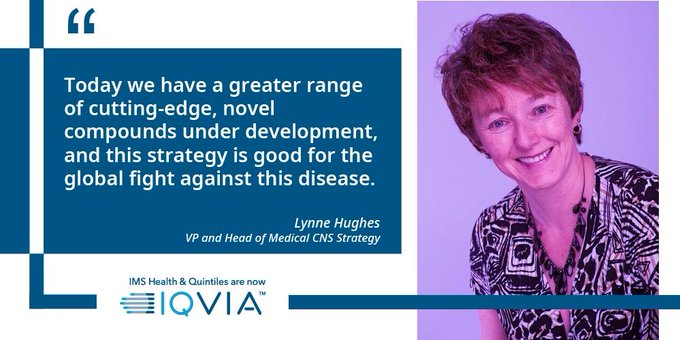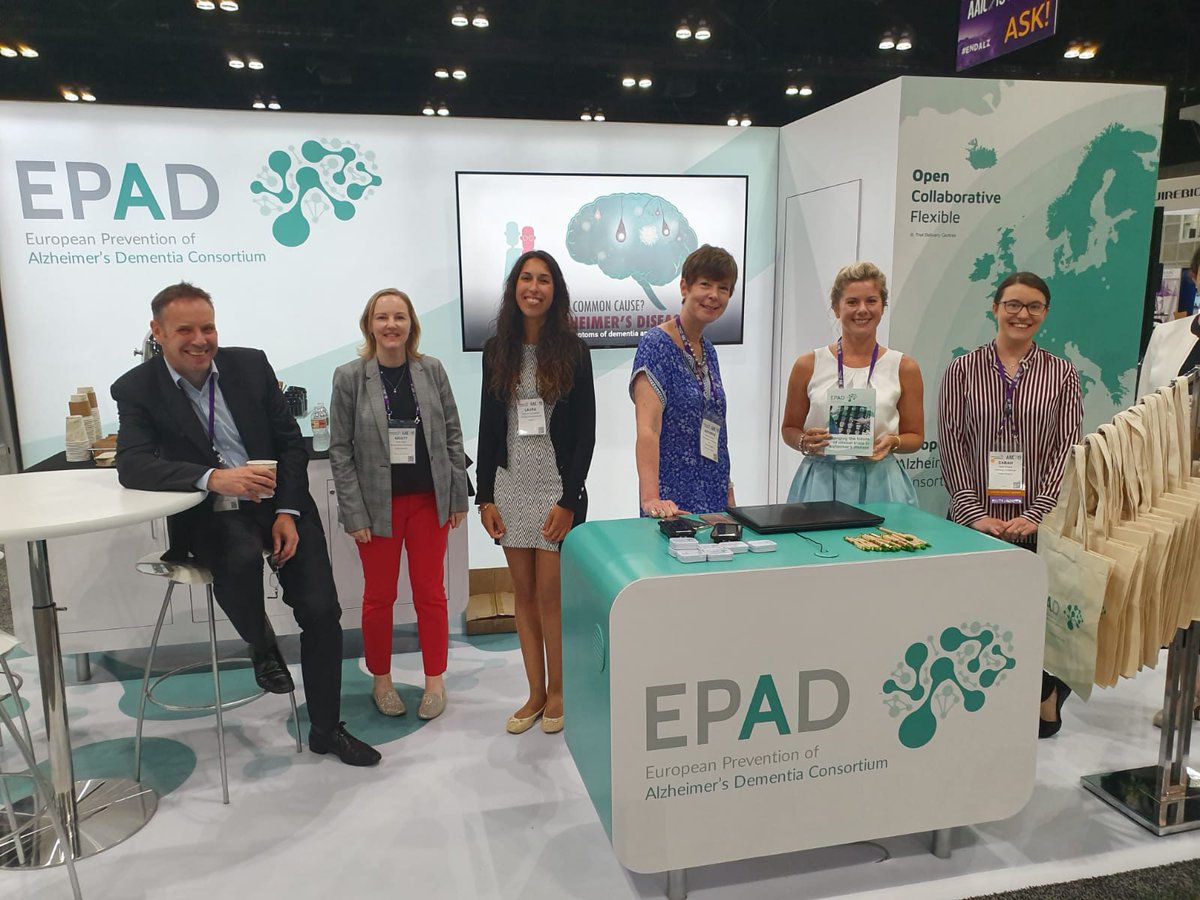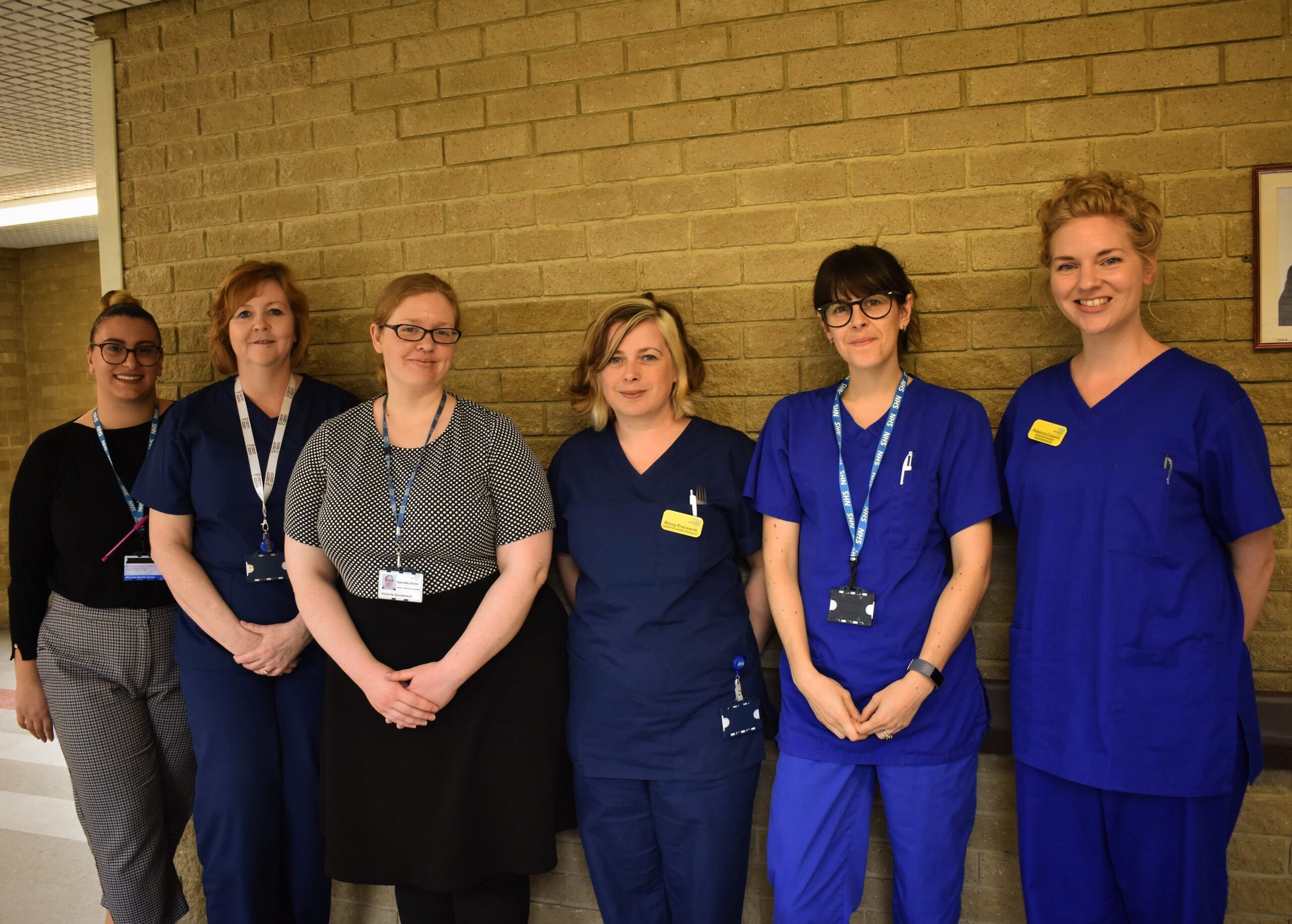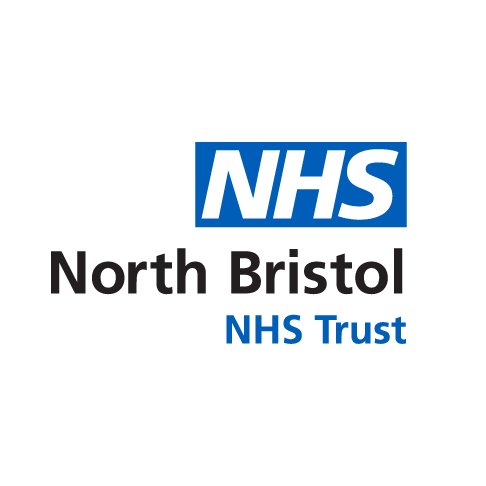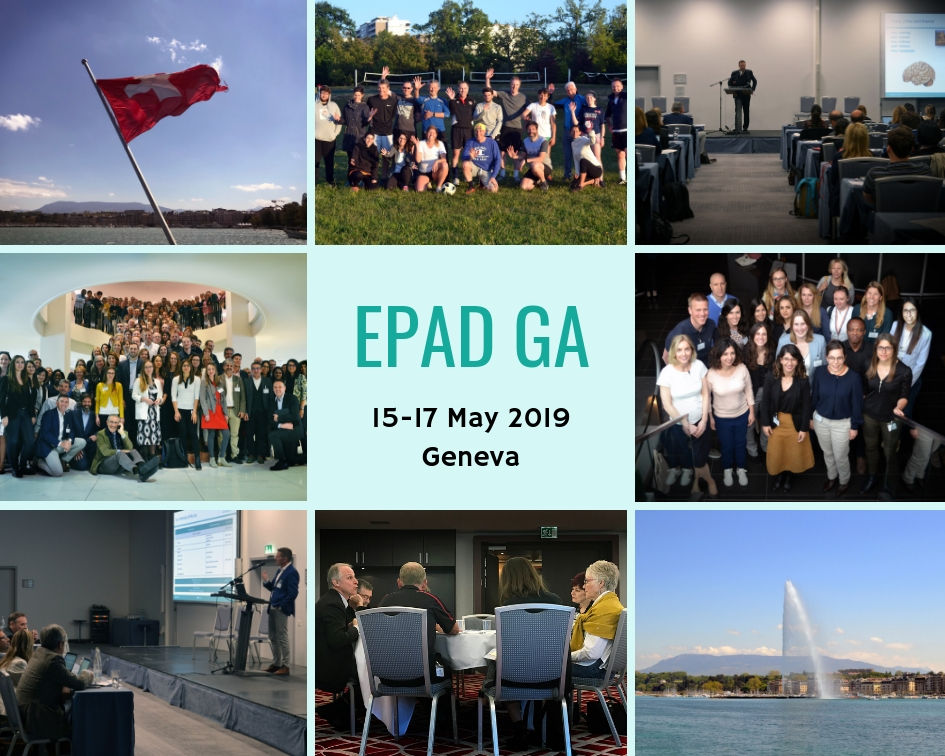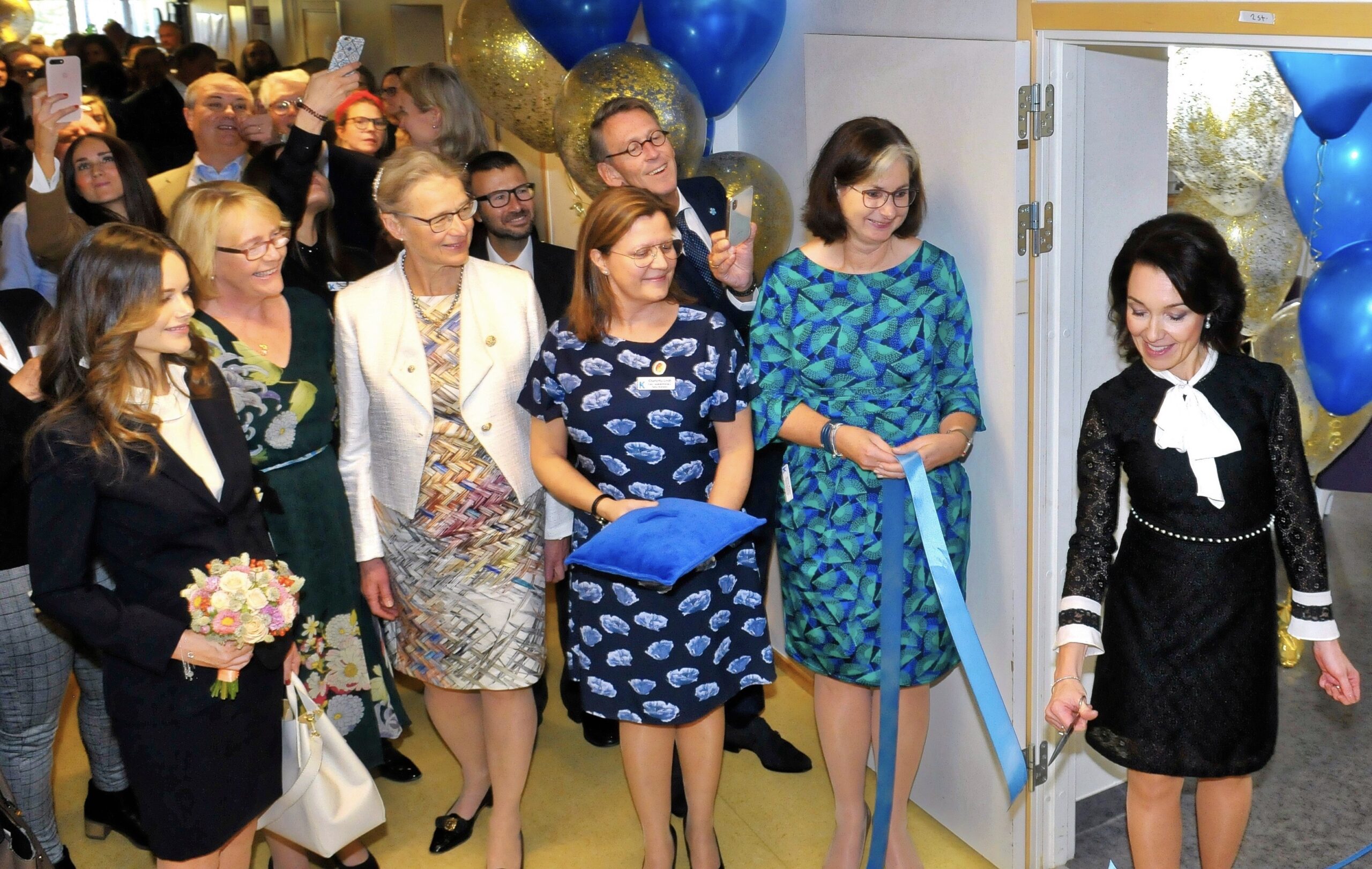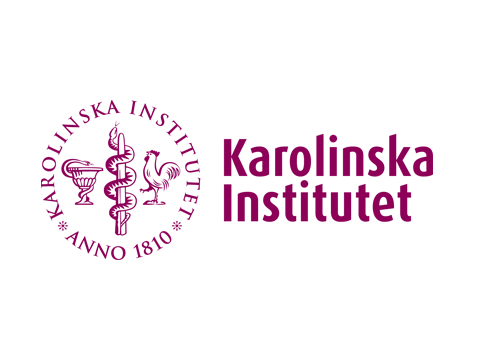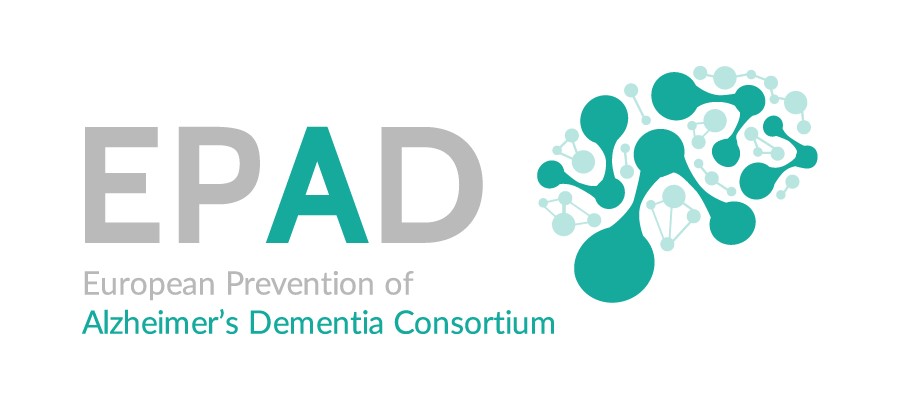Lynne Hughes, VP and head of medical CNS strategy at IQVIA, talked about EPAD accomplishments and challenges in an interview article. She provided insights on how EPAD and IQVIA are contributing to advance Alzheimer’s disease research.
EPAD is celebrating five years since its inception. What has it accomplished?
We have 23 European sites enrolling subjects to the longitudinal cohort study, and they have screened 1,867 research participants and 1,554 are currently enrolled into our registry. In the next few weeks, we will have 30 sites open and actively recruiting subjects. This is the largest cohort trial in the world in this subject population. Our cohort contains data from all the subjects and covers cognition, biomarkers, genetics and imaging, and we have already published a number of articles, posters and papers regarding this cohort.
The aim of EPAD is to provide a trial-ready cohort of screened and eligible subjects for participation in an adaptive proof-of-concept clinical trial. By using the registry participants, recruitment is faster and more efficient, allowing us to expedite clinical testing of potential investigational products through the PoC stage of clinical development. In addition, we are able to gather data showing the natural history of the early development of AD — characterized via the ongoing biomarker, imaging and cognitive assessments — which will aid in our understanding of the etiology of the disease. We have currently undertaken more than 20 analyses on our data set to date with more planned, and EPAD is making the data available to researchers globally.
How is IQVIA contributing to this effort?
EPAD selected IQVIA as the only CRO to project manage the EPAD longitudinal cohort study. The project management team formalized holistic and integrated stage gate reviews to optimize engagement of key internal stakeholders at pivotal points in the project lifecycle, improve up-front delivery strategy, plan development prior to study start-up, and execute according to plans during conduct. These SGRs established a formal structured review and oversight process and have become an integral part of the project culture, fostering more transparency, communication and collaboration. This has helped remediate potential roadblocks, challenge assumptions and proactively identify and mitigate risks before they can escalate into issues, thereby improving predictability and reducing surprise for stakeholders.
Our global reporting tools are also being used to drive continuing compliance with agreed schedule and quality commitments and form the basis for reporting to stakeholders on status and progress versus plan.
In addition to managing the LCS trial, IQVIA was also selected to execute all the subsequent PoC trials, which will utilize the LCS subject registry and assess the efficacy and safety of investigational products submitted through this innovative trial system. This unique design will utilize a master protocol — a ratio of 3:1 active IP: placebo — for each arm of the trial, and we will combine the placebo arms across different IOs to increase the power of the trial for each assessed IP. This design has been developed by Scott Berry, a PhD statistician and president at Berry Consultants, a statistical consulting company specializing in designing adaptive and innovative trial designs, and is a first in the field of AD clinical trials. IQVIA will be managing this entire trial for all the IOs, and we will be copying the database for each IO to ensure confidentiality while still allowing sufficient functionality for the placebo arms to be combined for each client.
What are some of the ongoing challenges of this project?
One key challenge is ensuring sustainability and continuity of the funding to allow the research sites to recruit subjects into the LCS, which will feed subjects into the adaptive PoC trial. Another challenge is ensuring that we have a clinical trial, in a reasonable timeframe, for qualified subjects to enter. If they are diagnosed with preclinical AD, we do not want to delay them from participating in a clinical trial, because they could potentially benefit.
What is the hope for the future of EPAD? What is the goal?
We are moving into EPAD 2.0, which will see the start of the first intervention owner submitting their IP for the adaptive PoC trial. All the sites will then move into clinical trial mode and will be recruiting their suitably qualified registry participants into the clinical trial, testing the first IP through the EPAD system. The first IO has already been identified, and the sites are ensuring that future registry participants are recruited who are likely to fulfill the trial entry criteria for this new trial. In addition, there are a few more pharma/biotech companies who have also submitted their IPs for review by the EPAD executive to see whether they would be suitable as the second IO for this trial.
The full interview is available here.

